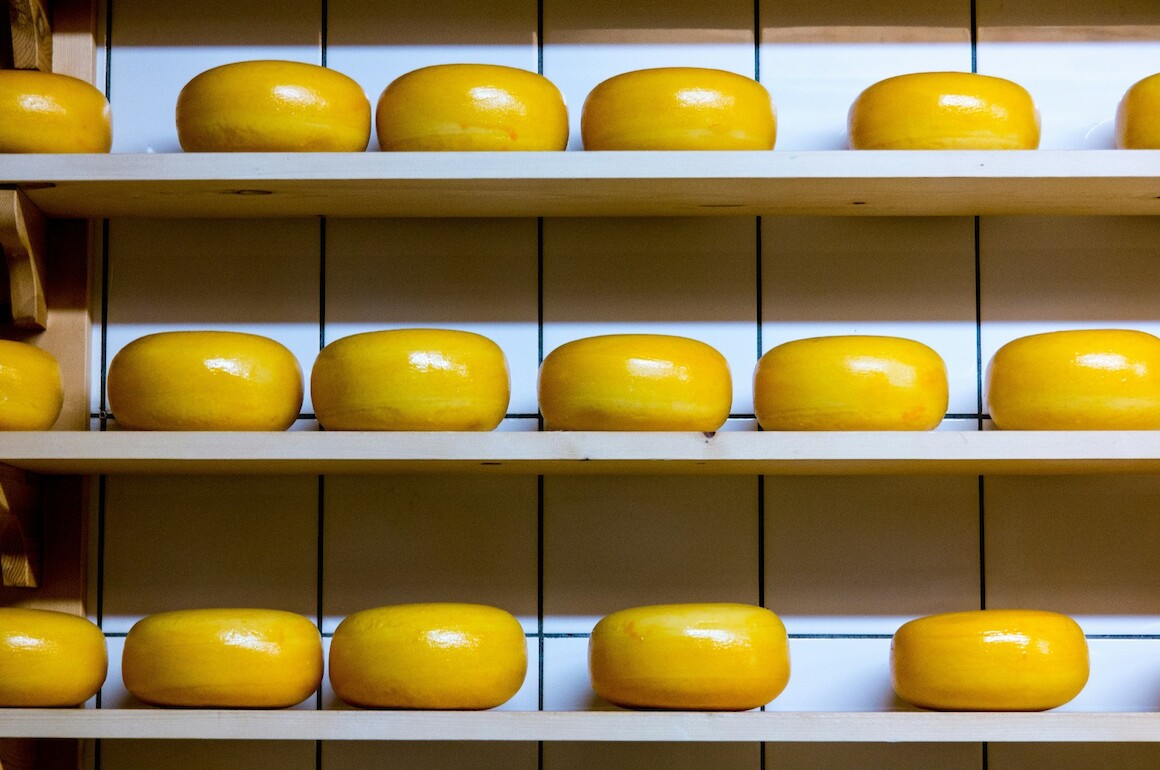Overview of the facts
Beevers Kaas BV is the exclusive distributor of Beemster cheese in Belgium. It has an exclusive distribution agreement with the Dutch producer of Beemster cheese (Cono) since 1993. The dispute arose when Beevers Kaas accused supermarket chain Albert Heijn of infringing honest market practices by actively selling Beemster cheese purchased in the Netherlands in Belgium thus infringing Beevers Kaas’ exclusive distribution rights in Belgium. Albert Heijn denies these allegations. According to it, Beevers Kaas and Cono want to impose an active sales ban on it, whilst the conditions to do so under EU competition law are not complied with.
Overview of the procedure
- Beevers Kaas filed a lawsuit against Albert Heijn with the President of the Commercial Court in Antwerp, who dismissed it by ruling that there was no contractual or legislative provision prohibiting Albert Heijn from obtaining supplies directly from Cono and selling them in its supermarkets in Belgium.
- Beevers Kaas appealed the judgment to the Court of Appeal in Antwerp. After having obtained an amicus curiae from the Belgian Competition Authority, the Court of Appeal ruled in favour of Beevers Kaas by deciding that Albert Heijn had acquiesced to an active sales ban into Belgium. At the same time, it referred two questions to the ECJ on the interpretation of the parallel imposition requirement which is read into Article 4(b)(i) of Regulation 330/2010 (i.e., the previous Vertical Block Exemption Regulation): a first question to know whether the parallel imposition requirement can be regarded as met solely on the basis of the fact that the other buyers do not actively sell into Belgium, and a second question to know whether the parallel imposition requirement can be regarded as met if the supplier shows that its other buyers accepted the active sales ban only if and when those buyers show an intention to sell actively into the exclusive territory. The second question therefore concerns a.o. the relevant point in time when acceptance of the ban must be shown.
- Written observations were submitted by Beevers Kaas, Albert Heijn, Cono, the Belgian government and the European Commission. A hearing was held on 16 October 2024 where the parties presented their arguments.
Advocate-General's opinion
On 9 January 2025 the Advocate General Medina delivered her opinion. The key take-aways from the opinion are the following:
- Parallel imposition requirement: The opinion finds that Article 4(b)(i) of Regulation 330/2010 includes a parallel imposition requirement. Therefore, a supplier must protect its exclusive distributor against active selling into the exclusive territory by all its other distributors or buyers. This requirement is essential to genuinely encourage the exclusive distributor to invest in its sales activities in the exclusive territory.
- Conditions for active sales ban: For an active sales ban to be enforceable under Article 4(b)(i) of Regulation 330/2010, the opinion finds that the supplier must ensure that all its other buyers agree to comply with the active sales ban. The easiest way to prove this is to insert an explicit active sales restriction in the binding written agreements between the supplier and all its other buyers. Under EU competition law, the existence of an agreement (a concurrence of wills) however can be shown differently as well, including by tacit acceptance. To this end, the opinion recalls that if the cooperation of the other party is required for the measure which a party seeks to implement (as it the case for an active sales ban), first, there must have been an explicit or implicit invitation from one party to the other and second, there must have been express or tacit acquiescence. The mere lack of sales in the exclusive territory cannot constitute sufficient proof of both requirements.
- Application to Beevers Kaas: Cono needs to show that it expressly or tacitly invited all its other buyers than Beevers Kaas not to actively sell in Belgium, and that these other buyers expressly or tacitly expressed their will to acquiesce with this invitation to do so. The finding that no other buyer, with the exception of Albert Heijn, would have breached or contested the active sales ban would be a relevant but not determining factor to show the existence of acquiescence by these other buyers.
- Temporal aspect of compliance: The opinion finds that the supplier must demonstrate that the parallel imposition requirement is fulfilled throughout the entire period for which it claims the benefit of the block exemption. Therefore, it is not sufficient for the supplier to be able to show that its other buyers acquiesced to the active sales band if and when they are about to make such sales into the exclusive territory.
Conclusion
The Advocate General's opinion in the Beevers Kaas case clarifies the scope of the VBER to exclusive distribution agreements, notably by confirming the existence of a parallel imposition requirement and the conditions under which the parallel imposition requirement is complied with. The previous VBER indeed did not expressly contain such requirement, which would be found only in the Vertical Guidelines. As opposed to this, the current VBER (Regulation 2022/720) contains a definition of exclusive distribution: Article 1(1)(h) defines an ‘exclusive distribution system’ as ‘a distribution system where the supplier allocates a territory or group of customers exclusively to itself or to a maximum of five buyers and restricts all its other buyers from actively selling into the exclusive territory or to the exclusive customer group’. The current VBER therefore confirms the existence of a parallel imposition requirement as a condition for the imposition of an active sales ban. The opinion of the Advocate General, if confirmed by the ECJ, will nevertheless be useful for the present VBER as well, as it clarifies how the parallel imposition requirement can and must be met.
More information? Read the full opinion here.





Sign in to post comments